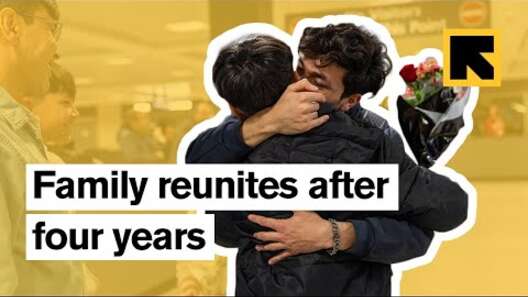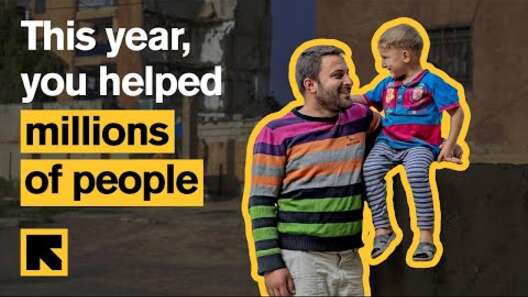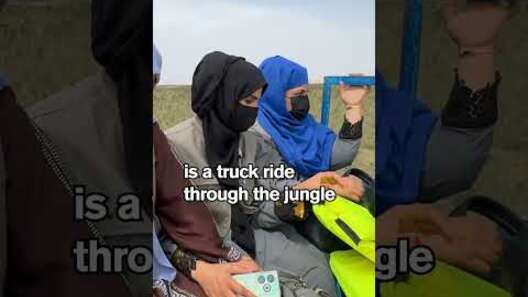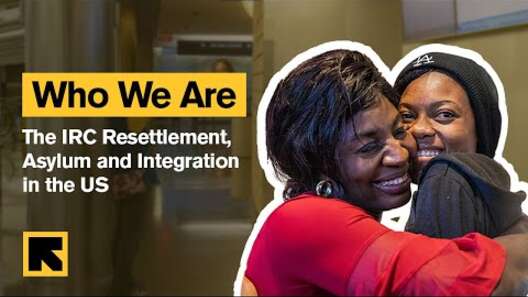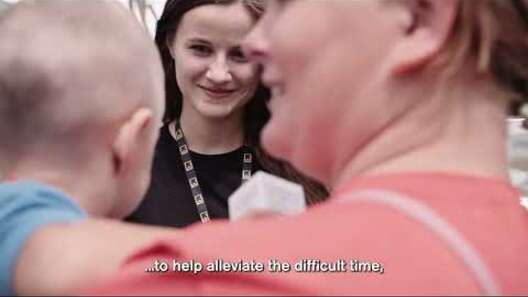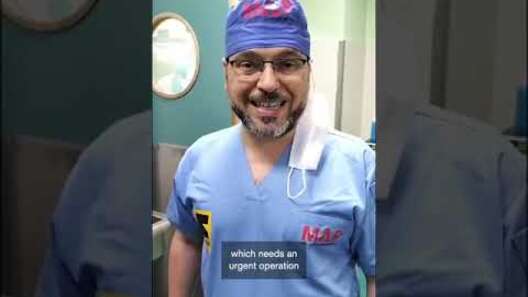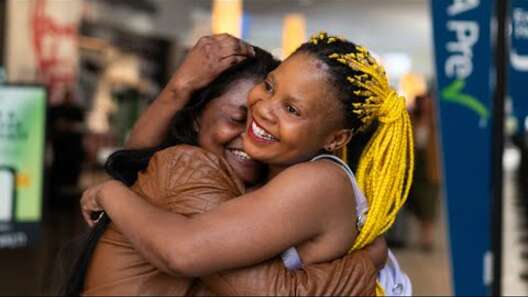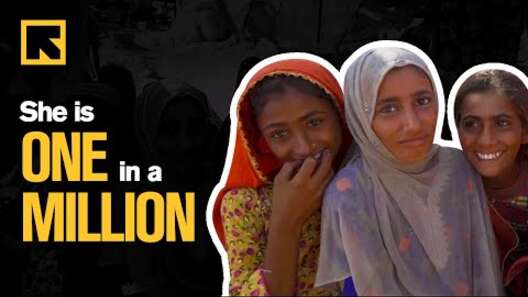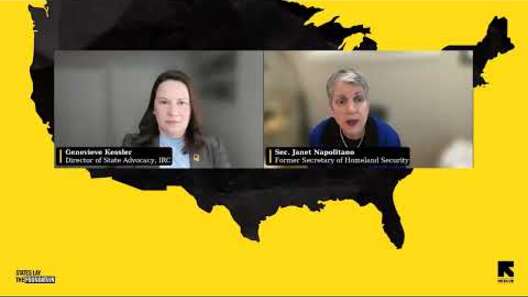Every Saturday, on his day off, Suamhirs Piraino-Guzman who works with the International Rescue Committee as an advocate for survivors of human-trafficking, volunteers to work with a group of teenage boys separated from their families at the United States border. The boys ask him, “How do I deal with bad thoughts… of not being welcomed, of not being wanted, of not being loved?”
At age 14, Suamhirs was kidnapped in Honduras and smuggled into the United States by human traffickers. Locked in a windowless room, beaten and plied with drugs, he was raped 197 times before the police raided the house where he was held hostage. Suamhirs was detained by the U.S. Immigration and Customs Enforcement (ICE) and later placed in countless foster and group homes where he experienced bullying, discrimination and further trauma.
”Everyone failed to ask me a simple question: what do you need?” says Suamhirs, now 28, a naturalized U.S. citizen and a licensed behavioral psychologist working with the International Rescue Committee’s human trafficking response program in Washington state. “Now the U.S. is failing to ask this simple question to the families fleeing from Central America: What happened? Why are you fleeing? What do you need?”
